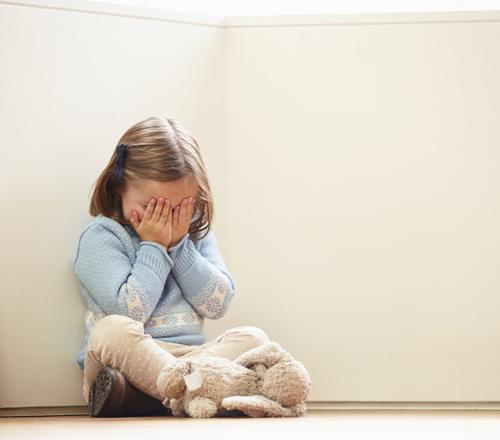You are here
Bullying does more long-term mental health harm than abuse
May 12,2015 - Last updated at May 12,2015
Los Angeles Times (TNS)
The long-term effects of being bullied by other kids are worse than being abused by an adult, new research shows.
Among a large group of children in England, those who were bullied were 60 per cent more likely to have mental health problems as adults than were those who suffered physical, emotional or sexual abuse. And among a large group of children in the United States, the risk of mental health problems was nearly four times greater for victims of bullying than for victims of child abuse.
The findings, published recently in the journal Lancet Psychiatry, underscore the need to take bullying more seriously as a public health problem.
“Being bullied has similar and in some cases worse long-term adverse effects on young adults’ mental health than being maltreated,” the study authors wrote. “Governmental efforts have focused almost exclusively on public policy to address family maltreatment; much less attention and resources has [sic] been paid to bullying. ... This imbalance requires attention.”
Previous studies have shown that children who are abused by adults or victimised by their peers grow up to suffer higher rates of depression, anxiety and suicidal ideation, among other problems. Both are bad, but the researchers wanted to know which was worse.
So they mined two large, long-term studies involving thousands of children. Both studies included data about child abuse and bullying. They also had information about the kids’ mental health as teens and adults.
Among 4,026 children who participated in the Avon Longitudinal Study of Parents and Children in England, 8 per cent were victims of child abuse only, 30 per cent were victims of bullying only and 7 per cent were exposed to both. For the 1,273 children who were part of the Great Smoky Mountains Study in North Carolina, 15 per cent were victims of child abuse only, 16 per cent were only bullied and 10 per cent suffered both.
As they assessed the risks of mental health problems, the researchers controlled for gender, family instability or adversity, socioeconomic status and other factors that might influence the link between maltreatment and mental health. A history of child abuse was associated with a greater risk of mental health problems as an adult for the American children, but not for their English counterparts. However, children in both countries were more likely to have mental health problems if they had been bullied.
Overall, the effects of bullying were worse. For instance, the English children who were bullied were 70 per cent more likely to experience depression or practice some form of self-harm than were children who suffered child abuse. The American children were nearly five times more likely to be diagnosed with anxiety if they were bullied than if they were abused.
The researchers also discovered that among both groups of kids, about 40 per cent of those who were abused by adults were also bullied by other kids. The reasons for this aren’t clear, but it’s possible that a history of abuse makes it hard for children to regulate their emotions, “which might make them more susceptible to being bullied”, the study authors wrote.
Related Articles
Children who are spanked, slapped, shoved or otherwise physically punished may be more prone to antisocial behaviour as adults, a US study s
Children who suffer adverse experiences like abuse and neglect may be less likely to have mental health problems in adulthood if they play t
Parents who had a lot of traumatic or stressful experiences during childhood may be more likely to have kids with behavioural problems, a US

















